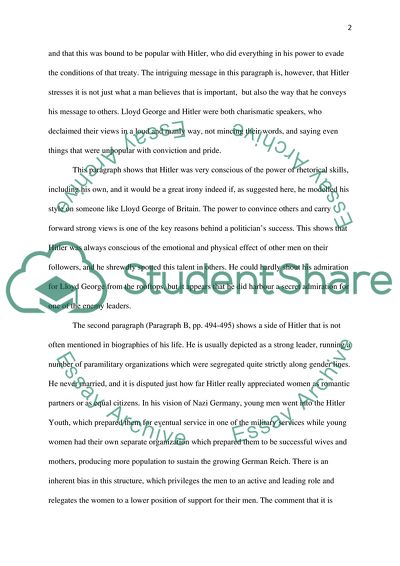Cite this document
(Analysis of the Book Hitlers Table Talk, 1941-1944 Report/Review, n.d.)
Analysis of the Book Hitlers Table Talk, 1941-1944 Report/Review. Retrieved from https://studentshare.org/history/1761355-germany-hitler-book
Analysis of the Book Hitlers Table Talk, 1941-1944 Report/Review. Retrieved from https://studentshare.org/history/1761355-germany-hitler-book
(Analysis of the Book Hitlers Table Talk, 1941-1944 Report/Review)
Analysis of the Book Hitlers Table Talk, 1941-1944 Report/Review. https://studentshare.org/history/1761355-germany-hitler-book.
Analysis of the Book Hitlers Table Talk, 1941-1944 Report/Review. https://studentshare.org/history/1761355-germany-hitler-book.
“Analysis of the Book Hitlers Table Talk, 1941-1944 Report/Review”, n.d. https://studentshare.org/history/1761355-germany-hitler-book.


